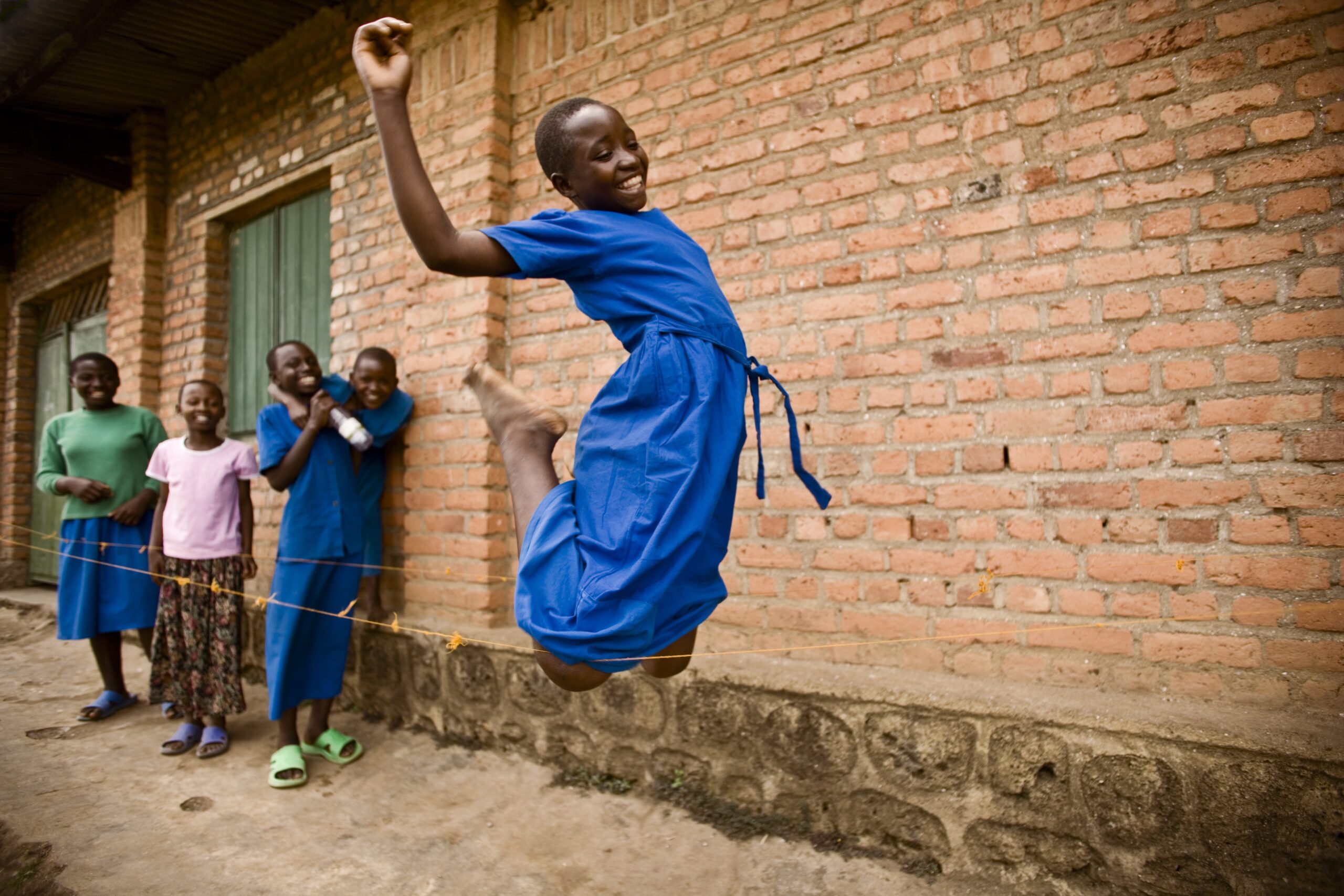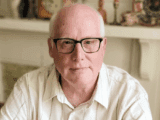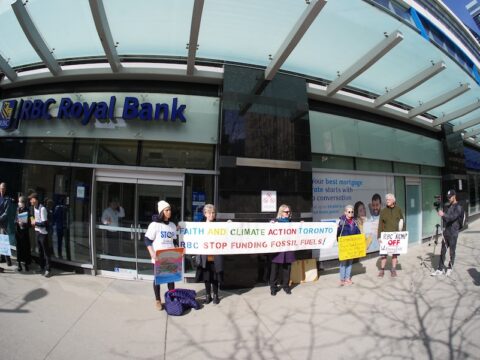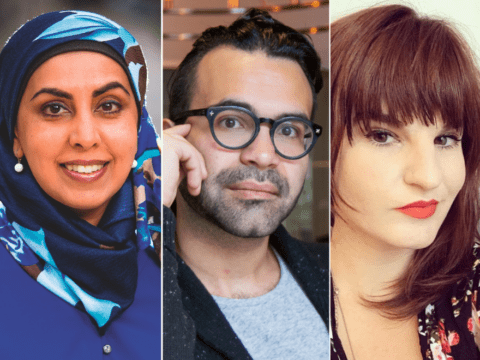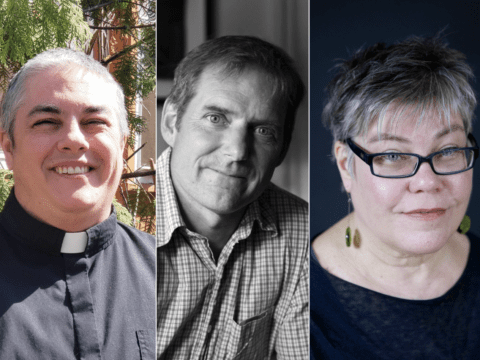The Kigali Genocide Memorial Centre is a surprisingly peaceful place. Yes, inside the onsite museum there are many images of horror and even a sampling of skulls, at times cracked and shattered, set in perfect lines. Outside, however, it’s all gardens and fountains and flowers, with sweeping views of the city’s dynamic central core, modern and glassy buildings set high atop a nearby hill.
But you can’t escape the slabs. The huge rectangular monoliths are everywhere. And despite the flowing water and the chirping birds, these massive stones make what happened here impossible to overlook and unthinkable to forget — which is the whole point of this place.
You may unsubscribe from any of our newsletters at any time.
Because beneath the grey concrete lie more than 250,000 bodies, victims of one of the most appalling events in modern history, a horrifying hundred days in 1994 when an estimated 800,000 men, women and children lost their lives. Husbands killed their wives. Neighbours slaughtered children in front of their parents.
At least one priest called in his flock, barred the doors with everyone inside, then burned the church to the ground. More bodies are added to this mass grave every month, dug up from rough, improvised burials in the fields and laid here for their final interment.
And while the ghosts of a genocide that took place less than two decades ago still haunt this tiny central African nation, I saw signs of great hope and remarkable progress every single day during my week-long visit to Rwanda. A country of breathtaking beauty, this nation of about 12 million has become one of Africa’s greatest success stories. Drawing on past traditions and harnessing the power of healing, Rwandans have surged ahead, creating one of the safest, least corrupt and most economically robust countries on the continent.
On my first day in Kigali, Rwanda’s bustling capital, I meet with Serge and Jennifer Kamari, a married couple who co-direct the Rwandan chapter of a Christian non-profit called International Teams. Serge, a Rwandan, and Jennifer, a transplanted Canadian, share with me the challenges of their work with homeless kids and widows, as well as the elements that brought Rwanda back from the brink and set the country on its current path.
They note that one of the most important factors in Rwanda’s turnaround was a system of traditional restorative justice known as gacaca.
Recognizing that institutional courts and prisons could never deal with the hundreds of thousands of genocide perpetrators, gacaca courts were community-based public trials that allowed victims to confront the accused. If convicted, perpetrators were sentenced to things like repairing homes, carving out agricultural terraces or even tending the fields of their victim’s family — punishments focused on rebuilding the country. “One nation, one people, one culture,” says Serge. “We want to be reconciled to one another.”
He adds that the country’s leadership should be given much credit for its recovery. Rwanda’s president, Paul Kagame, is a former rebel leader whose Rwandan Patriotic Front army ended the genocide when it took control of Kigali in July 1994. While Kagame is a controversial figure (critics charge that he has repressed democratic opposition, appoints more Tutsis than Hutus to positions of power, and continues to meddle in the ongoing civil war in the neighbouring Democratic Republic of the Congo), his pro-western government successfully cut through red tape, curbed bribes, instituted the rule of law and dramatically reduced street crime.
Perhaps most significantly, Kagame’s government has actively discouraged the use of the terms “Hutu” and “Tutsi,” wiping such ethnic identifiers from all official paperwork. Corruption is on the decline (a fact noted by Transparency International), and the country, which remains very poor, especially outside Kigali, nonetheless enjoys a fast-growing economy. Kagame has said he hopes to turn this small landlocked nation into Africa’s Singapore.
Crossing the threshold, I’m not entirely sure what to expect. Long faces, perhaps; eyes that recognize and mourn the gravity of their situation. Because if anyone has licence to feel sorry for themselves, it’s the group of HIV-positive single mothers I’m about to meet in a low-slung building inside the main compound of International Teams.
Part of a support group called Ubuzima — which means “life” in the Kinyarwandan language — the women at first met to pray, sing songs and simply be together. Then, someone got the idea to make things they could sell, a project that started in earnest after a visit from a 19-year-old Canadian woman, who petitioned her church back home for funds. She came up with the money to buy six sewing machines, which are shared among the women, who make and sell enough purses, knapsacks, clothes and other items to pay rent at home and school fees for their kids. The income also goes toward nutritious food for their families and themselves (essential for their antiviral medication to work).
And the sombre atmosphere I expected? As I enter the room, the women literally leap up from behind their sewing machines, greet me in Kinyarwandan and wrap their arms around me, one after the other, in a series of warm embraces.
Mama Deborah, as she is known to everyone, is the strong and inspirational leader of Ubuzima. She emphasizes that what’s more important than the money earned is the spiritual and social support here. “Now [the women] have hope to live, to support their family,” she says. “Before they sat at home and thought about dying. Now they have confidence. They’re happy.” Mama Deborah notes that it’s been a long time since anyone in the group passed away, and when that happens, as it inevitably will, the member can die in the knowledge that one of the other women from the group will take care of her children.
I speak with one woman named Marta, who wears a perpetual smile as she chats with those around her and works away on her machine. Marta herself was an orphan and then lost her husband to HIV, his illness revealed only after his death. She is raising five kids: three of her own and two orphaned by another Ubuzima woman. “Mama Deborah, she is my mother, and the others, they are my sisters,” Marta tells me, her smile unbroken. I ask her how she can have such joy in these difficult circumstances. “When I’m here, I have peace. My life has changed. Now I know God. Now I can love,” she says with conviction.
On my last night in the country, I meet a young man named François who works at the gift shop at my hotel. Everyone who was alive and old enough to remember 1994 has stories about the genocide. François tells me that he was six years old during those terrible hundred days. His father, who was sick and confined to their house, resembled a Tutsi. One day, a large band of machete-wielding thugs visited their family with the intent to slaughter, in part because François’s father had not taken part in the bloodlust. The father managed to talk his way out of the situation, and soon after the whole family fled to a refugee camp.
As I walk back to my room, it hits me: had the thugs been successful, François would have been no more and I would never have met him — genocide participants routinely slaughtered children in front of their parents. But today, François is happy and optimistic, with a decent job and a good future. His individual story confirms the larger truth that the country is getting past its genocide, using the power of God, the strength of tradition and the courage that comes with unity. “The past is the past,” François tells me. “But in Rwanda, now there is no division. We are one.”
Tim Johnson is a travel writer based in Toronto.
***
This story first appeared in The United Church Observer’s July/August 2013 issue with the title “Rwanda’s great turnaround.”

